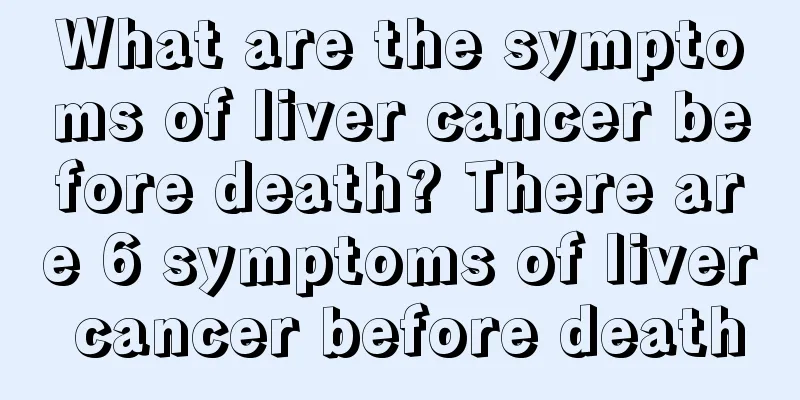What are the signs of pericardial effusion

|
Pericardial effusion is a common disease. Since most patients with pericardial effusion have a relatively small amount of effusion, there are not many clinical signs. To detect pericardial effusion, echocardiography can be used. In recent years, the number of people suffering from pericardial effusion in our country has continued to increase and has exceeded 5.4%. If you want to receive treatment as early as possible, you must understand the signs of pericardial effusion. Let’s take a look at the following introduction. The typical clinical symptoms of patients with pericardial effusion are as follows: Clinical symptoms and signs: The clinical manifestations of patients are very meaningful for diagnosis, but most patients in the data do not have typical clinical manifestations. The incidence of tuberculosis poisoning symptoms such as fever and night sweats in patients with tuberculous pericardial effusion is only 44.18%; the incidence of cachexia manifestations such as weight loss and anemia in patients with tumor pericardial effusion is only 42%. There is no significant difference in the incidence of cardiac tamponade symptoms between tuberculous and tumorous pericardial effusions. About 80% of patients have varying degrees of symptoms and signs of cardiac tamponade. Patients with pericardial effusion have varying degrees of symptoms and signs of pericardial tamponade, such as chest tightness, shortness of breath, inability to lie flat, progressive dyspnea, cyanosis, dull heart sounds, enlarged cardiac dullness, hypotension, decreased pulse pressure, pulsus paradoxus, distended jugular veins, hepatomegaly, and edema of both lower limbs, including tumorous pericardial effusion; in some cases, the first symptoms are fever, chest tightness, chest pain, cough, sore throat, etc. Patients may have a small, moderate, or large amount of pericardial effusion (mostly due to tumors, hypothyroidism, and systemic lupus erythematosus). What diseases may be caused by pericardial effusion? 1. Cerebral hemorrhage There are few reports of pericardial effusion complicated by cerebral hemorrhage. Its occurrence may be related to the obstruction of blood flow back to the heart after a large amount of pericardial effusion, increased pressure in the intracranial blood vessels and rupture of blood vessels. Therefore, during treatment, strict attention should be paid to other associated symptoms. If some symptoms that are difficult to explain by this disease appear, other diseases should be actively sought to avoid missed diagnosis and lack of timely treatment. 2. Infective endocarditis The premise for the occurrence of this disease is that the pericardial effusion contains purulent cells. When infectious endocarditis occurs, due to the involvement of the valves, the exuded fibrin, white blood cells and bacteria can form vegetation and attach to the affected valves. During the echocardiographic examination, the reflected echo formed by this vegetation is the characteristic manifestation of the echocardiogram. On two-dimensional ultrasound, the size, shape, attachment position and activity of the vegetation can also be clearly seen. Therefore, the detection of vegetation is of great help in the ultrasonic diagnosis of infectious endocarditis. |
<<: Is junctional premature beat normal?
>>: What does pericardial effusion mean
Recommend
Can colorectal ultrasound detect colorectal cancer?
With the improvement of living standards, the qua...
The dangers of loose and unformed stools
A person's health can be seen from his stool,...
The harm of intravenous drugs to the body
Nowadays, there are many diseases that require in...
How about lemon detox cream for acne treatment
Lemon detoxifying cream has a good detoxifying an...
What to do if orthodontic treatment causes crooked jaw
Some people have malocclusion, while others may h...
Do you squat to practice jumping? Two common types of jumping
Jumping is a very good exercise, and it can also ...
Bacteria in the throat
Throat fungus is the name of a disease in traditi...
How to get rid of body odor
It is a normal phenomenon that we all have body o...
Can soaking your feet help you grow taller?
The main factor affecting height is congenital re...
Can taking calcium tablets help you grow taller at the age of 22
I believe everyone wants to be taller, which make...
How to wash off stubborn oil stains
For many people who like to wear light-colored cl...
What are the common hazards of lung cancer? Five major hazards of lung cancer that you must know
When you hear about lung cancer, you will definit...
If your hairline is high, you can do this!
Whether a person is excellent or not is not only ...
What are the causes of liver cancer? The occurrence of liver cancer is related to these factors
Liver cancer is highly correlated with chronic he...
Which hospital do you usually go to for the treatment of esophageal cancer
Which hospital do you usually go to for the treat...









